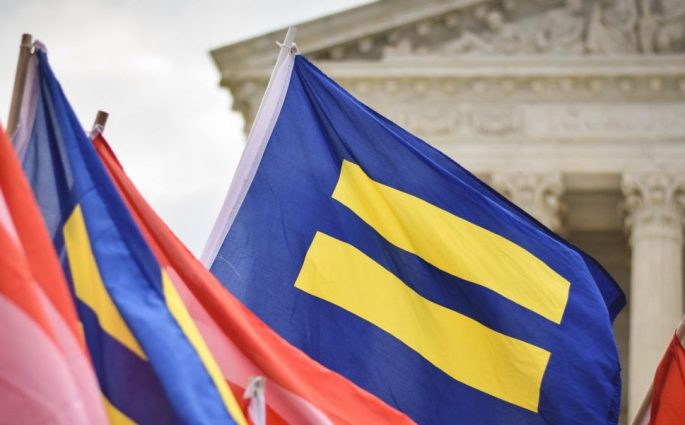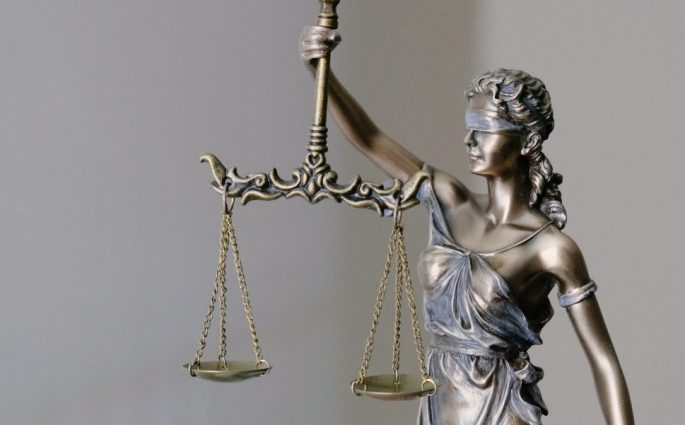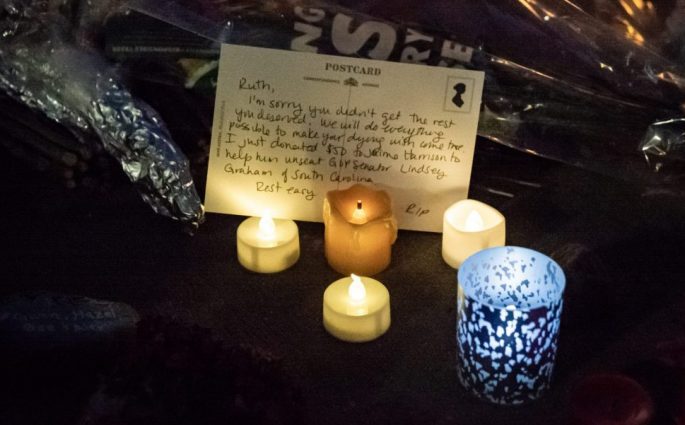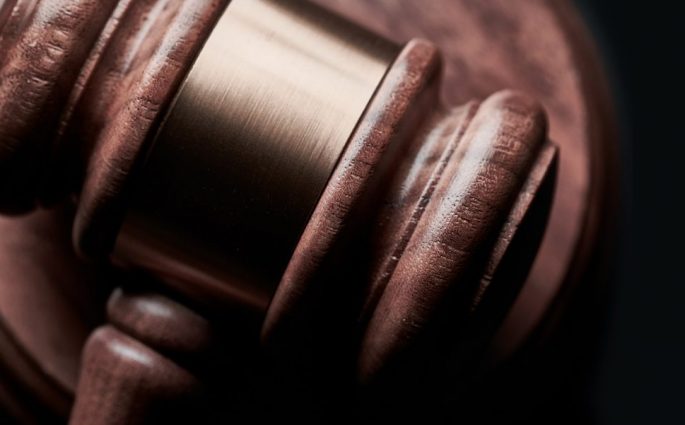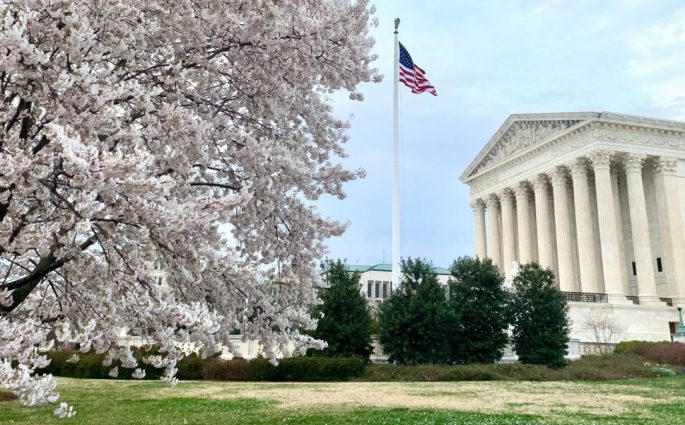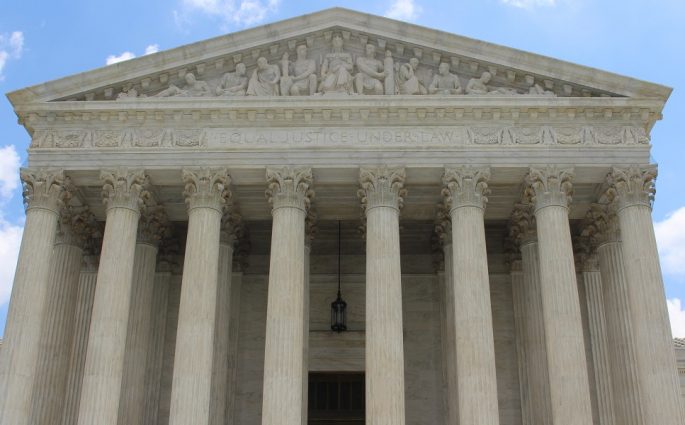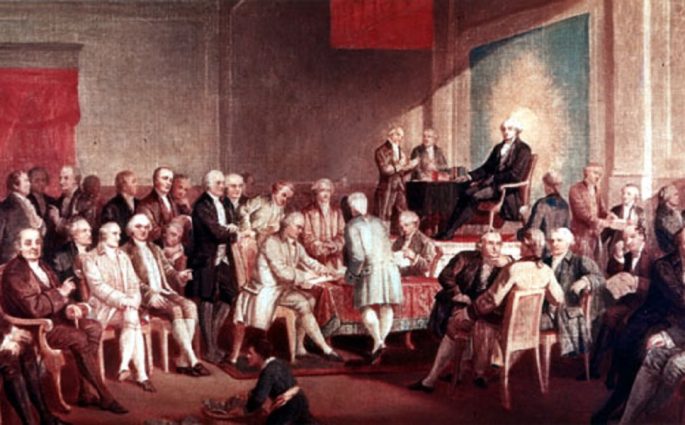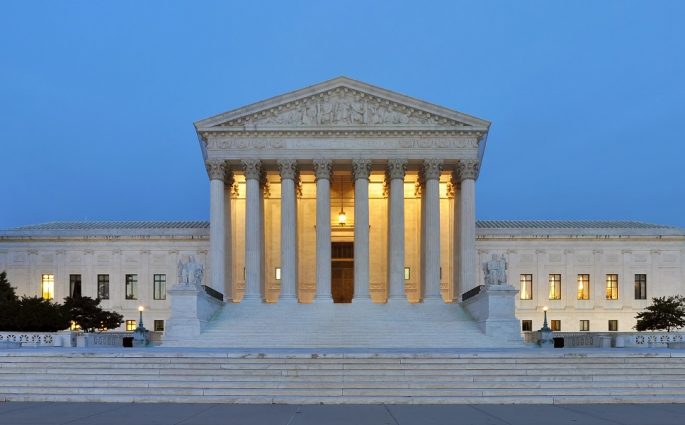The Death of DOMA
Jack M. Balkin— The two important federal challenges brewing in the courts—the struggle over California’s Proposition 8 and the challenge to the federal Defense of Marriage Act—converged on the Supreme Court’s docket in the election year of 2012. In the California case, Hollingsworth v. Perry, the Supreme Court held 5–4 that

